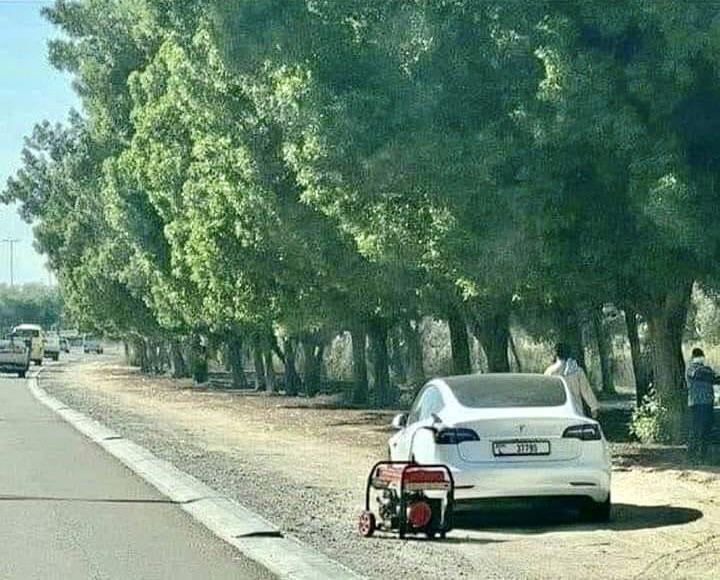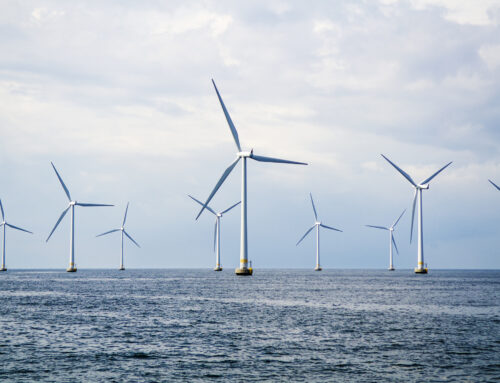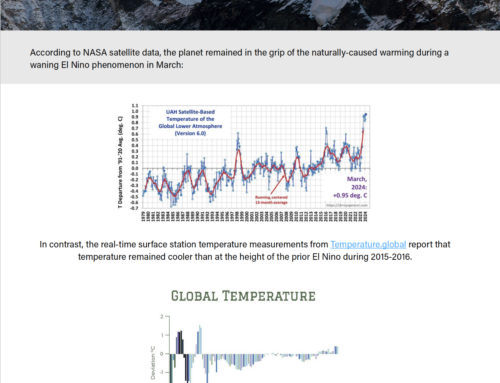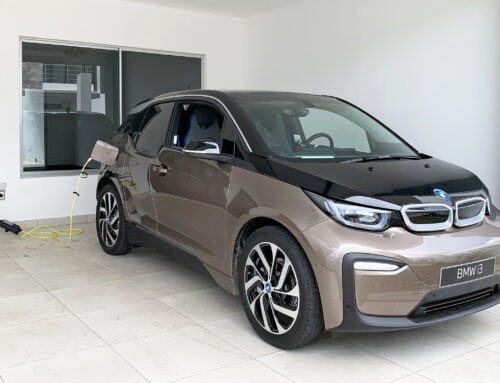by Greg Walcher, E&E Legal Senior Policy Fellow
As appearing in the Daily Sentinel
The “agreement” supposedly reached between Senator Joe Manchin (D-WV) and his party leaders to pass a major permitting reform bill has fallen apart, as discussed last week. But it also highlighted one of the most consequential debates in modern politics.
Several media pundits were always skeptical about that agreement (which Democratic leaders used to convince Manchin to vote for a climate bill he didn’t otherwise support). Why would the leaders agree to such a deal, knowing most elected Democrats support the environmental protection laws Manchin wants amended? How could he assume they would suddenly support major limits to those protections?
But will they?
Skeptics argue that even if those goals are worthy, shifting the massive U.S. economy that quickly is impossible. They point out that all renewable sources went from 9% of total U.S. consumption in 2010 to barely 12% today, despite billions in subsidies designed to encourage additional infrastructure. They say that even California has only 73,000 public and shared electric vehicle chargers, a fraction of the millions that will be needed. The California Energy Commission says the state will need 1.2 million chargers by 2030 to meet a demand it estimates at 7.5 million electric vehicles. But that was before the legislature adopted its ban on new gas-powered vehicles. California doesn’t have just 7.5 million cars; it has nearly 30 million. The U.S. has 286.9 million cars.






